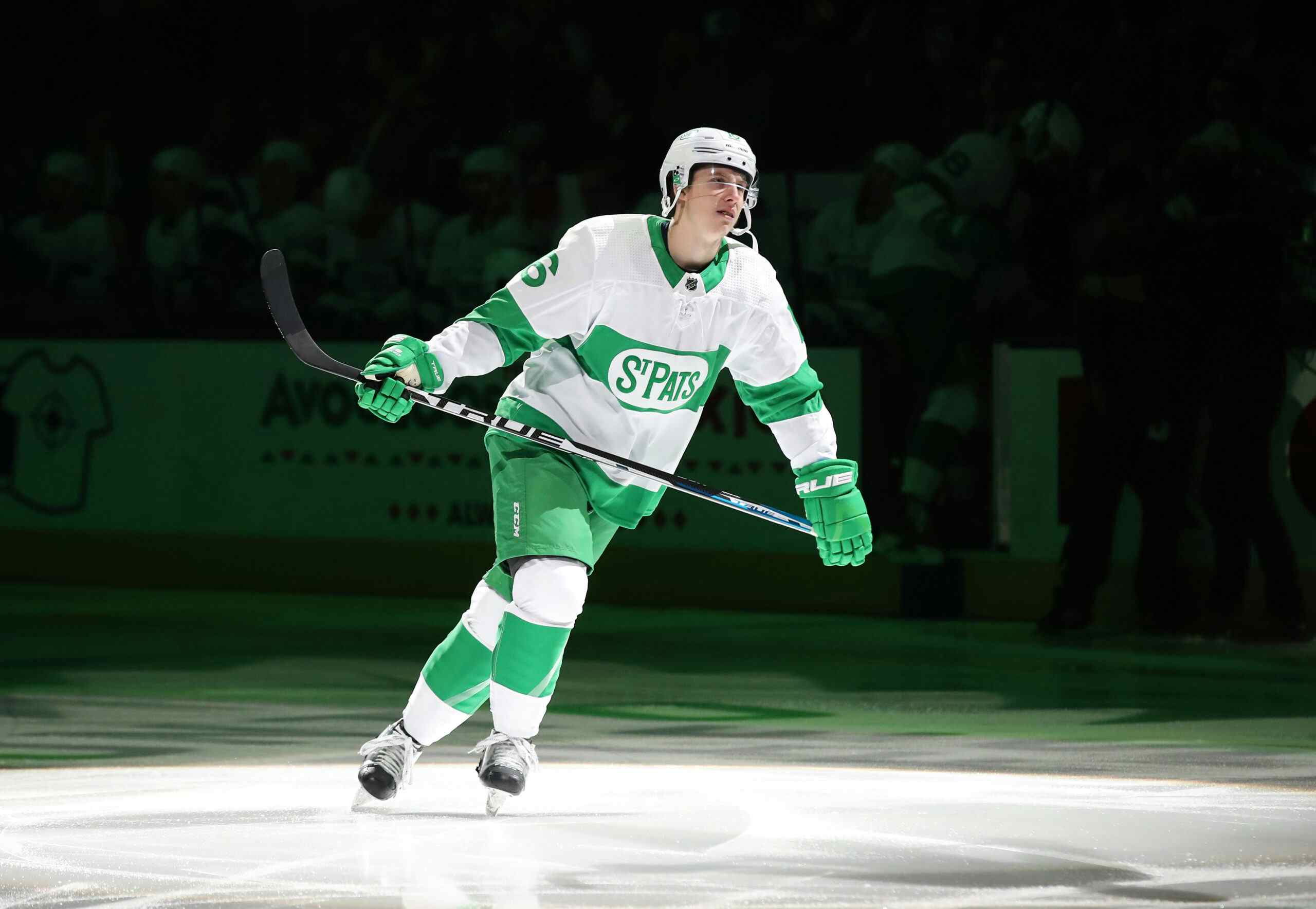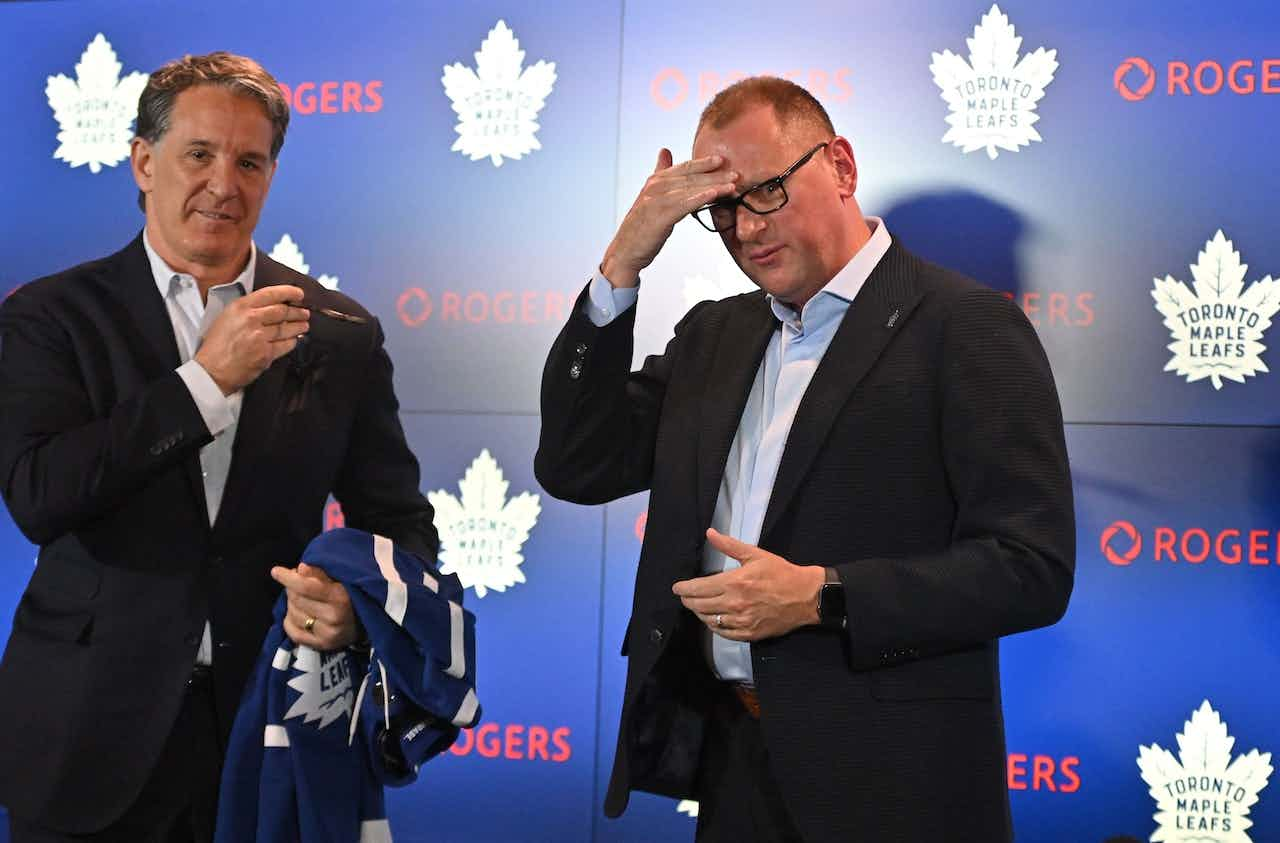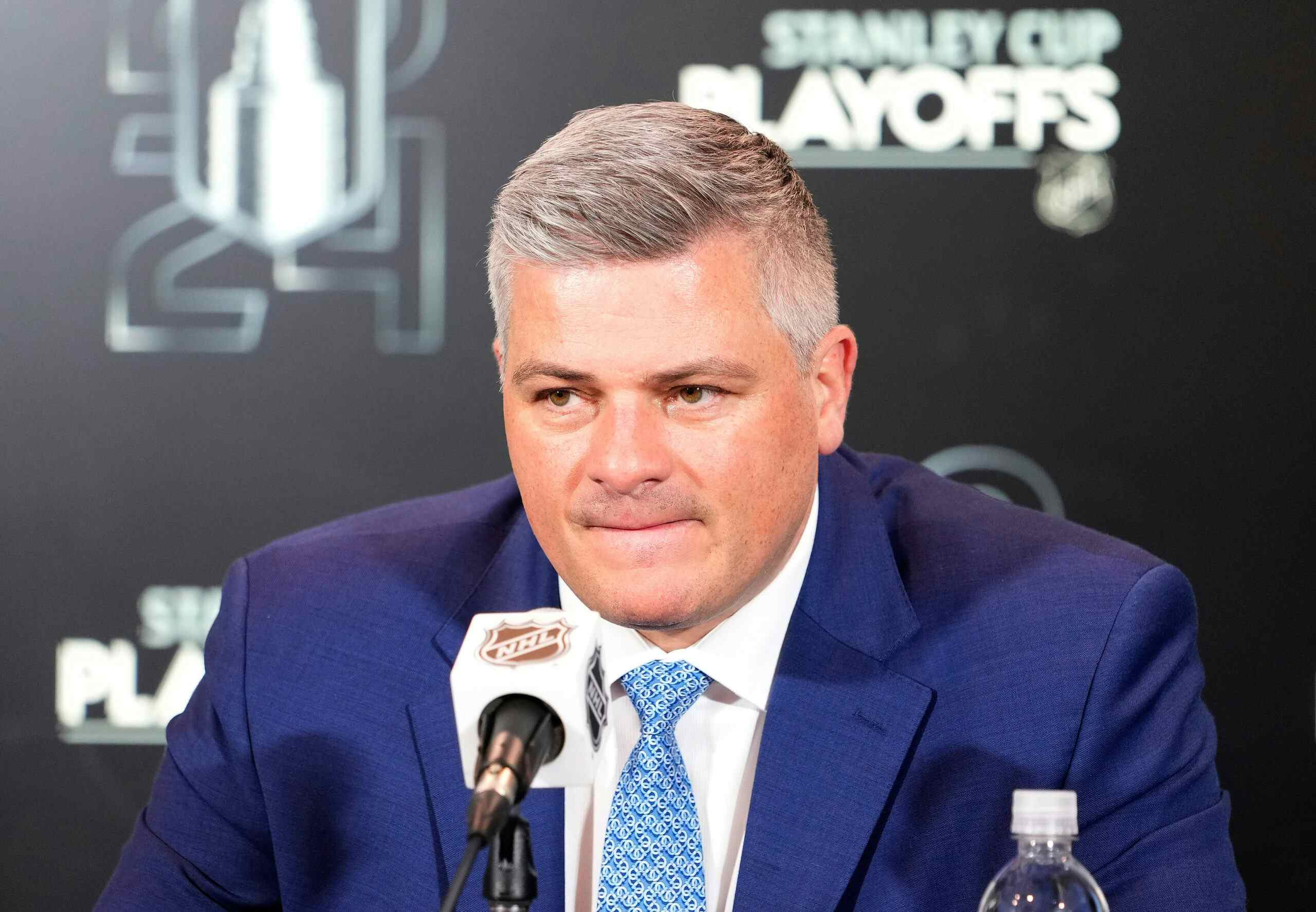Rich Clune, The Playoffs, and Picking Your Spots

Photo Credit: Christian Bonin/TSGPhoto.com
It’s Game 7. Nobody expected you to need to take much time to close out this series, and the team you’re facing has a knack for picking up a spirit-crushing goal on the slightest whim. There are three and a half minutes in the game, the score is tied, and you don’t want to go to overtime.
Not too many teams would respond to this by sending out their fourth line. But the Toronto Marlies aren’t like many teams. Nikita Soshnikov, Ben Smith, and Rich Clune step onto the ice to start the shift that would decide the series.
Stuart Percy clears out the puck from the far red line. Clune, knowing that it’s not time for another defensive zone faceoff, tips it in for Smith to chase after. By battling along the boards, he eliminates Damon Severson from the play, allowing Clune to gain possession and begin a stretch of control. Percy shoots it, goes wide, but Smith finally brushes Severson off and regains it. Clune, who is hanging around the point, starts to inch his way to the front of the net. Nikita Soshnikov shoots it from the point and doesn’t hit the net, but a quick thinking Clune smacked the bouncing puck home before Scott Wedgewood could react.
“He [earned] the right to be on the ice late in the game like that, and then is in the right spot,” said head coach Sheldon Keefe after the game. “We score a goal coming off the back wall, and Clune is in the right spot. It’s something we talked about in between periods, thinking that we had to get through their shot blocks, and using the back wall could be a way to do that. Their goaltender tends to lose his net a little bit. He was in the right spot, doing what the coaches asked, and that’s what he does all the time and he got rewarded for it in a huge moment.”
Two and a half minutes to go, and the team now has a lead to protect. Everybody takes part in the effort; that fourth line even makes another cameo with a minute and a half to go. It’s a nail-biter the rest of the way, but the Marlies pull off the victory. Now, how many people expected Rich Clune to be the hero?
Not many, surely. But if anybody deserved to be, it was him.
Let’s state the obvious here; the Leafs organization, in any of the leagues that it operates in, probably won’t see a series quite like this one for a long time. The veteran-led Devils came to play for keeps; for many of these guys, the Calder Cup would be their highest plateau on this continent. Often, too, it crossed the line. It felt like every other period featured a hit that would get the Player Safety War Room in the league above into panic mode, most of which came from their opponents.
Some of that comes with the nature of a competitive game. Some of that comes with the fact that the officials would, on occasion, take “let them play” to a level where players knew they could get away with anything. The Marlies weren’t exactly future Lady Byng Winners either. It was, at times, awful brutalist hockey that didn’t even feel old-timey; it just felt reckless.
Fans in Toronto hit their boiling point on the issue while the team was on the road. Stuart Percy suffered a neck injury from a dirty hit in a rough Game 3 that involved the Marlies giving up late tying and winning goals. Andreas Johnson was knocked out by a vicious hit in Game 4, and Graham Black tried to do the same to Brandon Leipsic in Game 5.
Suddenly, the questions became “Why doesn’t this team have an enforcer?” “Why isn’t anybody going back at them?” and “When is Rich Clune going to retaliate?”
The short answer to that question was “never”. The long answer? He was retaliating the entire time.
In the pursuit of shutting down the tropes of old-time hockey, we tend to dismiss some things that still remain true. Take “leadership” and “being good in the room”; most of us agree that these types of traits aren’t enough to dress a bad player, or give a good one elite money, but it would also be foolish to dismiss the fact that a strong mental mindset in a competitive sport will help you succeed.
Clune is one of those guys who brings that to the room. “He does so much for our team, on and off the ice,” said Connor Brown, who scored the opening goal in Game 7. “He’s a real leader by example with the way he works”. Others throughout the year have echoed the same, along with praise for his ability to keep the mood of the group in high spirits. Clune, who started the season on an AHL-contract, used his relentlessness to earn multiple call-ups to the Leafs and, in Andrew Campbells absence, wear the C for the Marlies for a few games.
The strategy of Rick Kowalsky and the Devils was as clear as day. Get on the Marlies physically, get them angry, score a quick goal while they’re distracted, and then slow the game down until the final buzzer. In certain moments, it worked, but they were never going to run away with the series if they couldn’t get Toronto to completely lose their cool. Which they never did.
After all, if your leader and resident tough guy sees no reason to lose his mind, why should the rest of you? There were two fights in this series; Clune didn’t throw fists in either of them. He had 16 penalty minutes; 10 were for continuing to bark at his opponents with 11 seconds left in Game 6, four were for routine minor penalties, and two were for embellishing a spear by Joseph Blandisi, a call that still mystifies me.
Beyond that, though, he focused on playing hockey. He forechecked, he cycled, he set up two goals, and he scored the series winner. Even when he lost regular-season linemates Nikita Soshnikov and Frederik Gauthier to scratches and injuries, he didn’t look out of place. Given that he tied an AHL career high in goals and set one in points, this shouldn’t have been a huge shock. The fact that he didn’t get distracted was the bigger shock to some, but even then, he knew that veering from the game plan was the wrong way to go.
“Our coaches instilled a lot of structure in our game and the message was stick to the structure, stick to our guns.” said Clune after Game 7. “It’s a playoff series, Albany’s a great team. I’d put us and Albany against any other team in the league, two good teams going at it. Playoff hockey is unpredictable and we trusted Sheldon’s message, which was to just stick to the system, and we did that, and it paid off.”
At the end of the day, team toughness isn’t graded by how many times your logo shows up on HockeyFights.com, or how many opponents you send to the hospital. Sometimes, toughness is knowing when to roll your eyes at the angry person in front of you and continuing to do your job. The Marlies showed that style of toughness in this series and won as a result. That begins with players like Clune focusing on hockey, and with that considered, it’s fitting that he was the one to drive in the dagger.
Recent articles from Jeff Veillette





